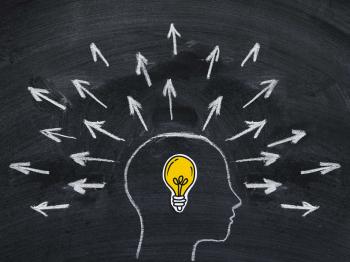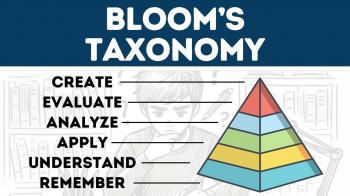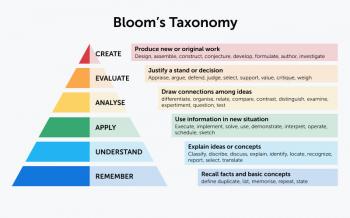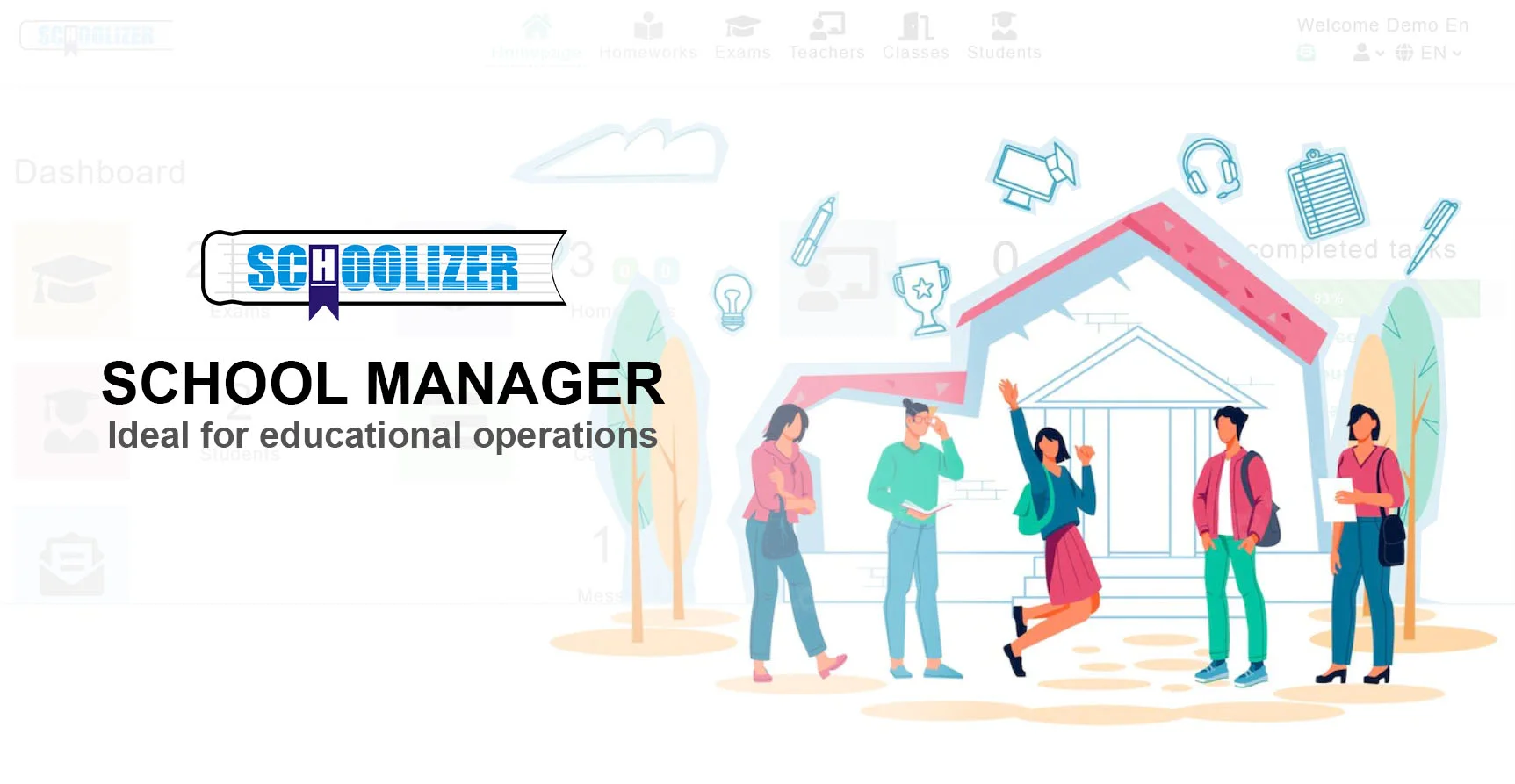How High School Debate Teams Are Bridging Divides and Finding Common Ground
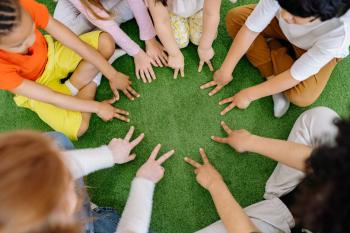
How High School Debate Teams Are Bridging Divides and Finding Common Ground
What if the key to resolving conflicts and fostering understanding lies in an unexpected place—high school debate clubs? How can structured argumentation help students from diverse backgrounds find shared perspectives? Why is debate becoming a powerful tool for building empathy among teenagers? These questions lie at the heart of a growing movement in education that sees competitive debate as more than just an academic exercise.
The Transformative Power of High School Debate
High school debate programs across the United States are proving to be unexpected laboratories for conflict resolution and mutual understanding. Far from being purely combative, modern debate formats encourage students to engage deeply with opposing viewpoints. The structured nature of competitive debate creates a safe space where students must seriously consider perspectives they might otherwise dismiss.
At Urban Debate Leagues in cities like Chicago and New York, students from vastly different socioeconomic backgrounds come together through this intellectual sport. Research shows participation improves critical thinking by 25% and increases college attendance rates among urban debaters by 50% compared to non-debating peers.
One striking example comes from a Houston high school where Republican and Democratic-leaning students had to switch positions mid-debate about healthcare policy. "Having to argue the other side made me realize their points weren't crazy—just different priorities," remarked one participant.
Structure Creates Space for Understanding
The Rules That Foster Respect
Modern debate formats incorporate specific rules that prevent personal attacks and reward substantive engagement:
- Timed responses ensure all voices are heard
- Evidence requirements prevent opinion-based arguments
- Cross-examination periods demand direct engagement
These structures create what psychologists call "cognitive empathy"—the ability to intellectually understand another's perspective even without emotional agreement. A Stanford study found debate participants showed 40% greater ability to articulate opposing views accurately compared to control groups.
Real-World Impact
In St. Louis, debate teammates from opposing political families collaborated to create a school mental health initiative after discovering shared concerns during policy debates. "We fought in rounds but built something real afterward," one student noted.

Diversity as Strength in Debate Programs
Urban debate leagues intentionally bring together students from different:
- Neighborhoods (urban/suburban/rural)
- Socioeconomic backgrounds
- Political leanings
- Cultural traditions
This diversity becomes an asset as students learn to communicate across divides. At the National Symposium for Debate in 2023, a team composed of a conservative homeschooler and progressive public school student won top honors by blending their distinct research approaches.
"Our differences made our case stronger," explained the pair, whose success inspired their schools to create a joint debate exchange program.

From Classroom Skills to Life Applications
The benefits of debate extend far beyond trophies:
- College readiness: 78% of debaters report feeling better prepared for university-level discussions
- Career advantages: Law firms actively recruit former debaters for their analytical skills
- Civic engagement: Debate alumni vote at rates 30% higher than national averages
Perhaps most importantly, students carry these conflict resolution skills into personal relationships. "I don't just shut down when my parents and I disagree anymore," shared a Los Angeles debater. "I ask questions first."

Implementing Debate Programs That Build Bridges
Schools looking to replicate these successes should consider:
- Partnering with established leagues for curriculum support
- Ensuring socioeconomic diversity through recruitment
- Incorporating current events topics relevant to students' lives
- Training judges to reward substantive engagement over rhetorical dominance
The Boston Debate League's expansion to 50 schools demonstrates scalable models, with participating schools reporting 60% reductions in disciplinary incidents between traditionally conflicting student groups.
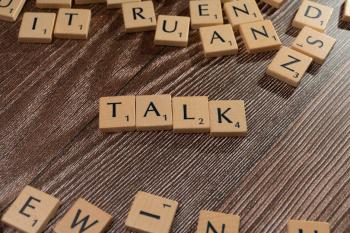
The Future of Debate as Unifying Force
As polarization increases nationally, high school debate offers a counter-narrative—proof that structured disagreement can build understanding. Emerging formats like "collaborative debate" take this further, requiring teams to synthesize opposing positions into new solutions.
What began as preparation for law and politics is evolving into something more vital: training for citizenship in a divided world. As one debate coach observed, "We're not just teaching kids to win arguments—we're teaching them to rebuild bridges."



